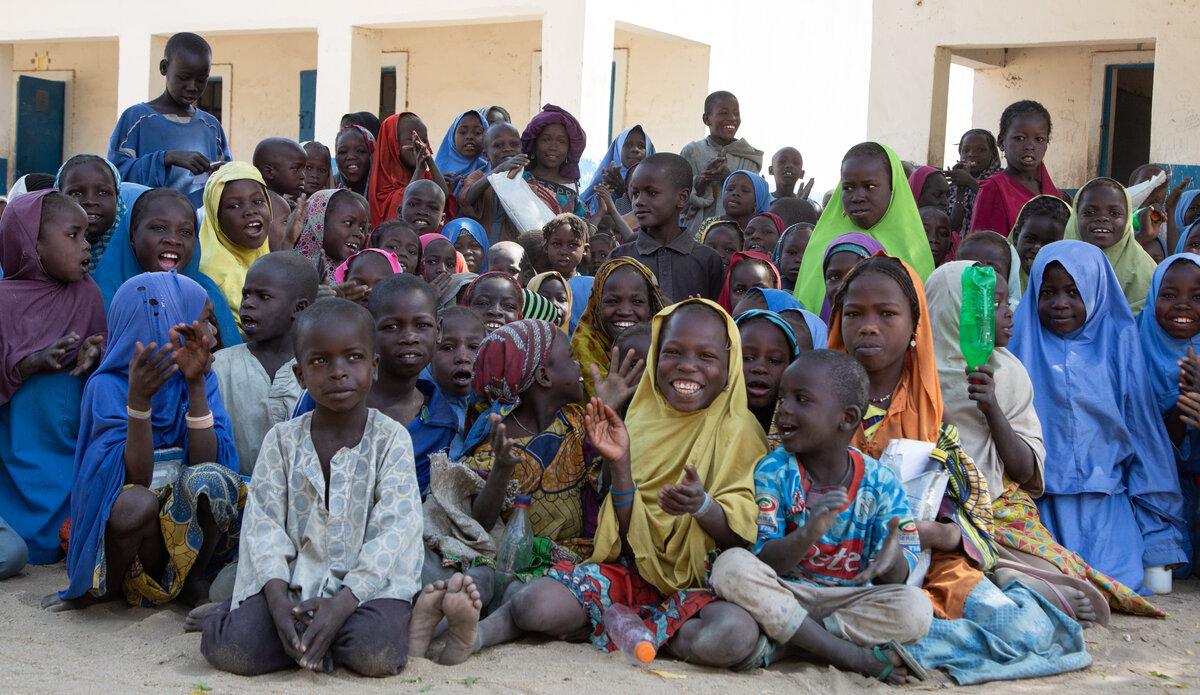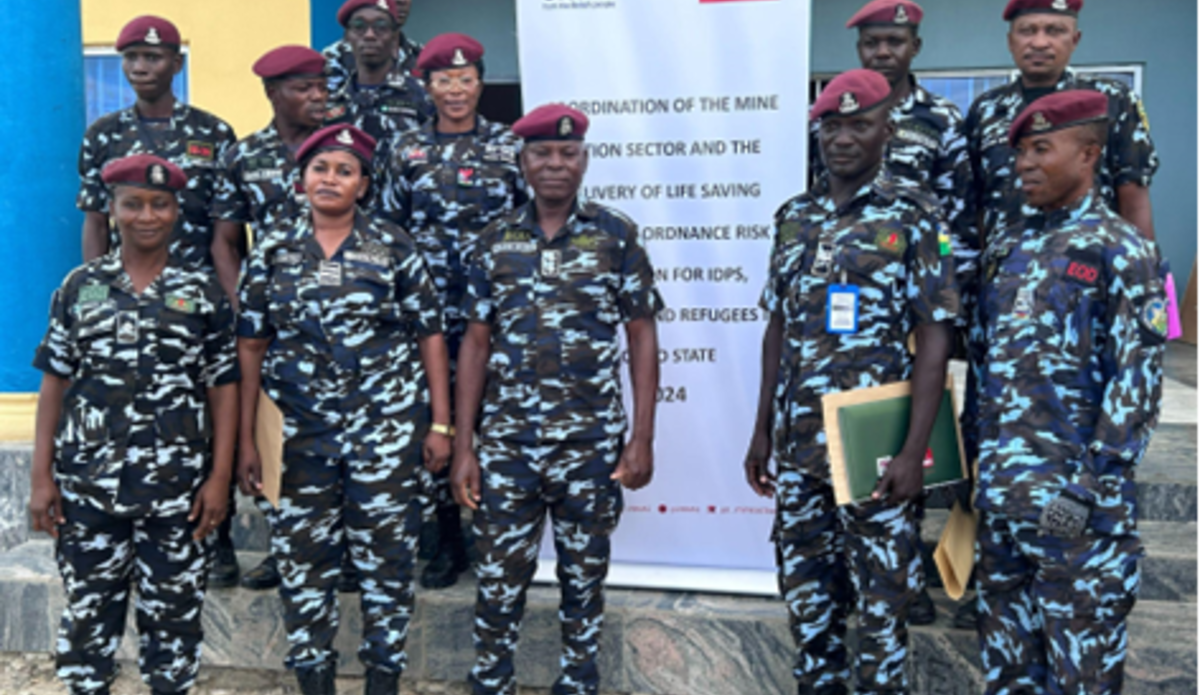Standing confidently in her uniform, “Officer Aisha” (not her real name) has become a symbol of resilience and determination in a field traditionally dominated by men. As a member of the Explosive Ordnance Disposal (EOD) team in Borno State, she is one of the few women who have taken on this high-risk role. But her journey goes beyond defusing explosives—it’s about challenging stereotypes, confronting fear, and protecting her community against a constant and deadly threat.
For Officer Aisha, this job is far more than just a way to make a living—it’s a lifelong passion rooted in childhood dreams. “When I was a kid, I always wanted to join the army,” she recalls. “My father was an army officer, and I grew up admiring his strength and bravery.” After joining the Nigeria Police Force (NPF), she chose to specialize in EOD, a decision that drew skepticism and criticism. “People kept asking why a woman would want to do this. But my husband, who is in the police, supported me. He understood my drive and encouraged me to follow my passion.”
In a region where the dangers of unexploded ordnance and Improvised Explosive Devices (IEDs) are a daily reality, Officer Aisha stands as a symbol of courage and change, proving that strength and perseverance know no gender. “This work is tough,” she admits, recalling one of her most recent responses to a suicide bombing incident. “As we reached the scene, another device detonated, injuring more people,” she recounts. “Emotionally, it is not easy to see these things. When you come back, you don’t feel like eating, and these images stay with you. It’s traumatic.”
Despite the emotional toll, Officer Aisha has learned to cope over time. For her, Explosive Ordnance Risk Education (EORE) Training of Trainers (ToT) course at the Police EOD School in Maiduguri, Borno State, recently launched by UNMAS through the generous support of UKAID is more than a professional development opportunity—it’s a chance to prevent tragedies before they happen. “We are not just here to defuse bombs,” she explains. “We want to educate people, so they don’t have to face these situations in the first place.”
In a region where Non-State Armed Groups (NSAGs) have used women and children as unsuspecting carriers of IEDs, Officer Aisha’s work is crucial. “Sometimes, children are deceived into carrying explosives near security personnel, leading to tragic deaths,” she explains. “But through awareness, these vulnerable individuals become informed and less likely to accept these dangerous items. When they know the risks, they refuse it.”
For Officer Aisha, this training provided more than technical skills—it renewed her focus and confidence. “If we reduce injuries and deaths, we’ve done our job,” she says. Her passion and bravery are lifesaving, inspiring others and paving the way for more women to join her in safeguarding the community.


